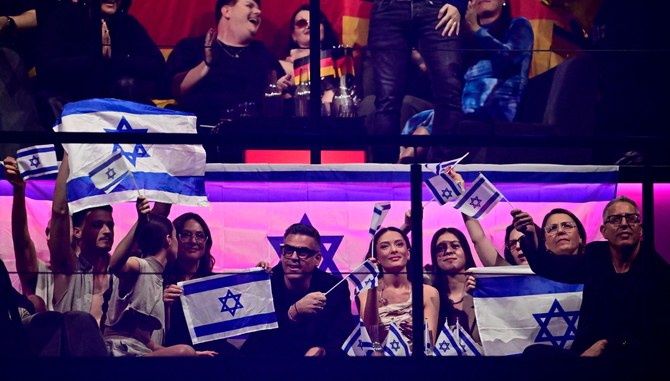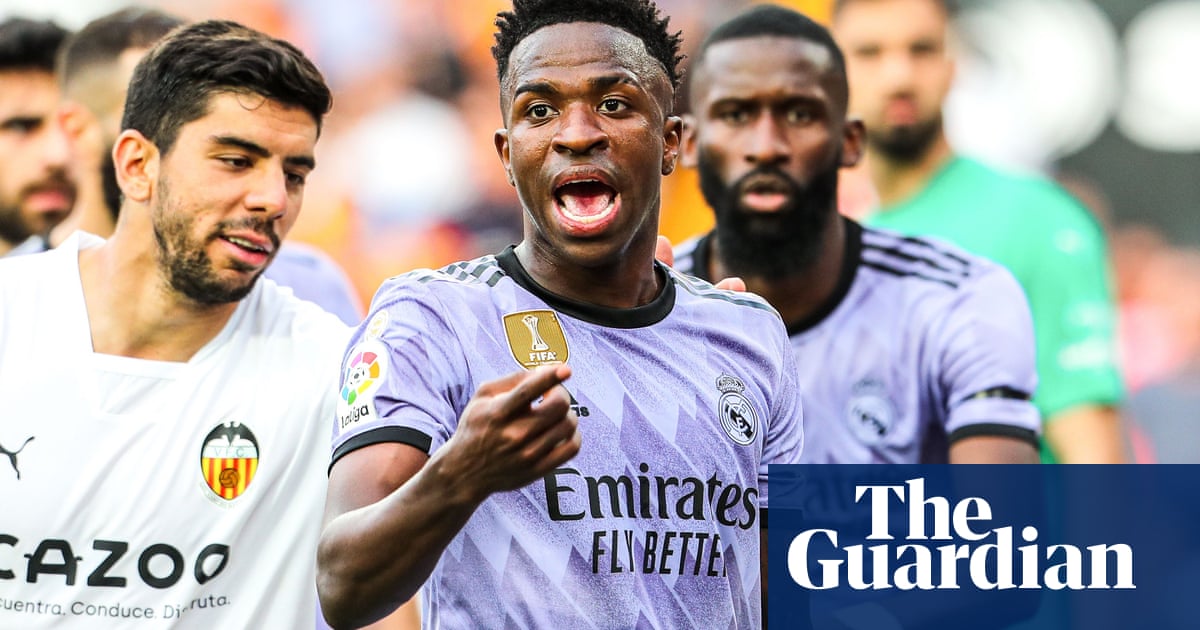
Iwent to my first Pride with a straight best mate. Eddy rocked up wearing the 2013 lad’s lad weekend uniform: navy jacket, navy chinos, navy cap and a Newcastle United 2008 away top (available in navy) while I “daringly” wore a crisp white shirt, dad bod blue jeans and black boots. I was a burgundy lanyard away from a job in Pret.
I was feeling overwhelmed, having only just come out and was clutching a tinny for comfort as we strolled through the queer vibrancy of Soho Square. I remember zoning in on a band of harness-clad blokes mooching about, hairy thighs bare, bulges covered in PVC leather. A rather enthusiastic chap crawled past Pizza Express on a long chain leash and I found myself drenched in shock, while Eddy calmly took it in his stride. “It’s just a fella in a puppy mask pretending to be a dog, what a bloody Saturday!” he declared, swigging a Red Stripe and joyfully filling up a Terence Higgins Trust tote with LGBTQ+ support paraphernalia.
That night I caught him chatting to an older queer male couple outside Caffè Nero on Old Compton Street. I watched as he babbled away – receptive, kind, giggling throughout. Whether true or not, I felt like maybe Eddy wanted to speak to them to get to know a bit more about me. And I felt like they wanted to speak to him to see if he would sell them any mephedrone and have sex with them.
More recently I’ve found just as many straight male friends celebrating in the latest LGBTQ+-led cultural movement – UK “hun” culture. As far as I’m concerned, if you’re British with experience of depression, it’s very likely you’ve bunked off school or work, stayed in bed watching ITV Daytime past noon and formed a strong and loving connection with Alison Hammond.
But most truthfully, I have found a beautiful protectionism in many straight-queer male friendships. There is an alliance, an understanding that some straight people still harbour prejudice – and a recognition that what differentiates us can be celebrated, learned about and enjoyed. There is also often a mutual understanding from the queer community, who grow up trying to bat away the reductive myths of being “normal”, that people who grow up straight are force-fed similar messages and conditioning – which can be just as painful to unpick.
My friend Eddy struggled with mental illness, as have three or four of my other straight friends who form the basis for the character of Danny, and who would take out their pain on themselves before anyone else. These are wonderful men who resisted falling into bullying or bigotry, and are just as invested in figuring themselves out as their gay counterparts.
Pointing and I were recently asked by a journalist why some straight men still feel uncomfortable around gay couples. Pointing paused, looked down the webcam lens and said: “It’s because they only see it as sex, and not love. They see two gay people holding hands and they view it as lust rather than affection, dedication and romance.”
He worded it gorgeously and made me realise that one valid aim for those growing up queer is to be just as cringeworthy, embarrassing and boring as the straights (while always retaining a slight edge, I hope).
I accept that Big Boys will inevitably be described as a gay comedy, but the characters’ identities are just as shaped by experiences outside sexuality. While I hope it proves to be an authentic, British – but non-exclusionary – portrayal of growing up queer on this odd little island, I also wrote it as a thank you. Here’s to the straight best friends who are also trying to find themselves as individuals and choosing to do that side by side their queer mates – either at Pride or in the queue at Argos, replacing the microwave Poppy cluelessly blew up with her ancestral silverware.












